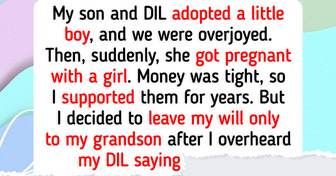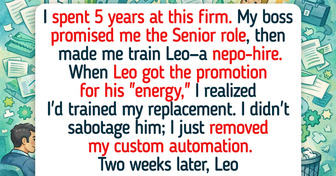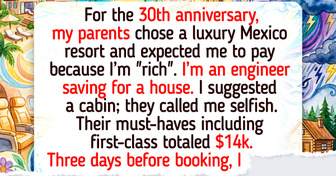I Refused to Return to the Office After Years of Remote Work — Then HR Dropped a Bombshell
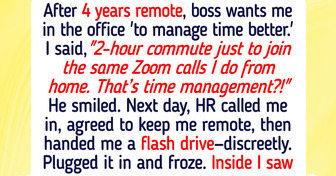
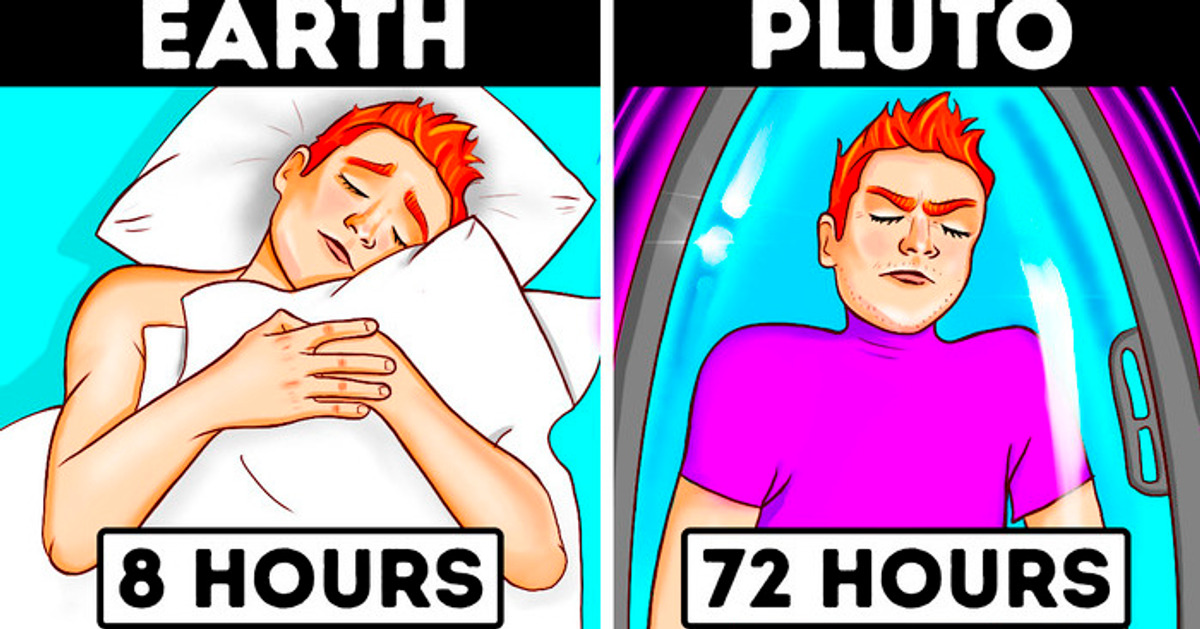
You’re strapped in a Spaceship that’ll take you all the way to Pluto for your galaxy backpacking trip. It’s the longest journey from Earth and without any shortcuts, so you’ll have to get quite comfy. It’s recommended for everyone aboard to have at least 8 hours of sleep at night.
Astronauts in the International Space Station have little rooms suitable for 1 person with special sleeping bags and enough room for personal belongings. If they don’t, they’ll float, bumping into each other.
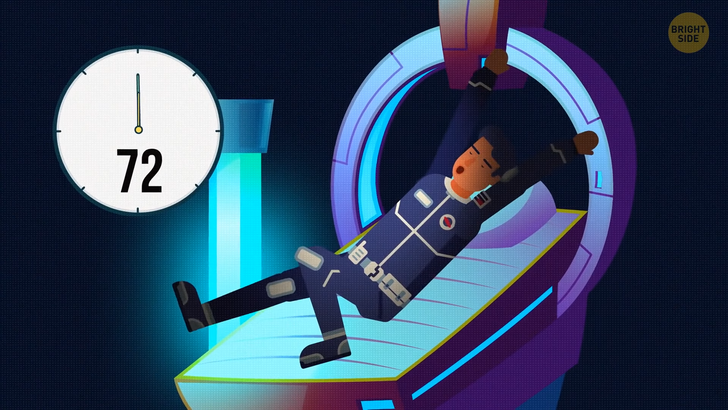
It’s a good thing the journey to Pluto will only take you a few days, so you can manage to have your full 8 hours of sleep for the rest of the trip. After a few days, you finally arrive at Pluto, and a bus takes you to the hotel. The dwarf planet is one of the darkest places in the Solar system, reflecting very little light since it’s located far away from the Sun. You look out the window and see some decent landscapes with mountain ranges around 10,000 feet high.
But instead of your snowy peaks like in Switzerland, it’s methane ice. You have a smartwatch that can tell you the atmosphere characteristics outside. Pluto is filled with nitrogen and methane. After a couple of hours, you finally make it to the hotel and check into your room. You’re surprised that you booked 1 day only.
One of the first things you’ll notice is the weak gravity which makes it pretty hard to sleep. Then, finally, after enjoying a full day, you’re ready to hit the sack. But the day isn’t technically over. A solar day, when the planet rotates around its own axis, needs around 6 Earth days.
So your 12 hours of fun and exploration was like enjoying just an hour on Earth. If you think that’s long, then don’t bother waiting 248 years to celebrate New Year. That’s the time Pluto needs to orbit the Sun fully. After a while, your biological clock adjusts to conditions on Pluto, so you end up sleeping for more than 72 hours to feel fully refreshed.
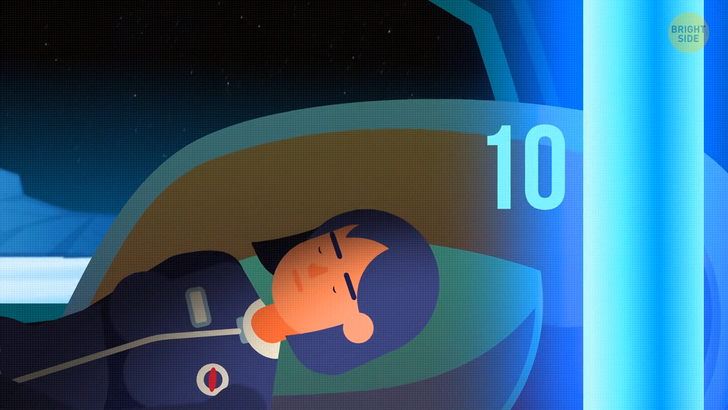
You check out the next day, Pluto’s next day, and fly off to Neptune. This magnificent blue planet may seem appealing, but it’s extremely dangerous. But, why not, you like an adventure. You get a fantastic view of all the 14 moons of Neptune while waiting for room service.
You’re somewhat jetlagged and decide to sleep for a few hours. Even though you chose to take a nap, you end up wasting the whole day doing nothing but nibbling on snacks in the buffet. A day lasts around 17 Earth hours. You were able to fall asleep and slept for about 10 hours, which is more than half a day.
And just Like Pluto, it takes more than 100 years for it to orbit the Sun — 165 Earth years, to be exact. After a while, you adjust your sleeping habits to just around 3 hours to enjoy the rest of your trip.
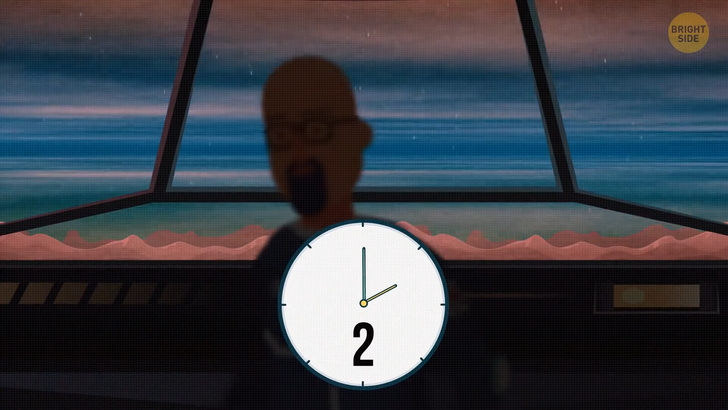
You arrive at the largest planet in our solar system, Jupiter. After landing, you have to commute for another whole month before you come to your hotel. Don’t worry, a full day is only about 10 hours. You check in and decide to stay in the hotel; it’s not easy to go out since the weather is stormy.
One of your programs includes a trip to the Great Red Spot, an area that’s been tormented with hurricane-like storms for the past 300 years. The whole spot is twice the size of Earth. Jupiter could easily fit in 1,300 Earths. After a long couple of days enjoying the sights, you get back to the hotel and sleep it off.
Since 10 hours is a full day, you’re pretty tired and sleep off the entire day. But you couldn’t get a proper good night’s rest since the gravity is stronger than Earth’s. Also, it wasn’t easy going to the bathroom in the middle of the night. Eventually, you got your 2 hours of sleep adjusting to Jupiter’s conditions.
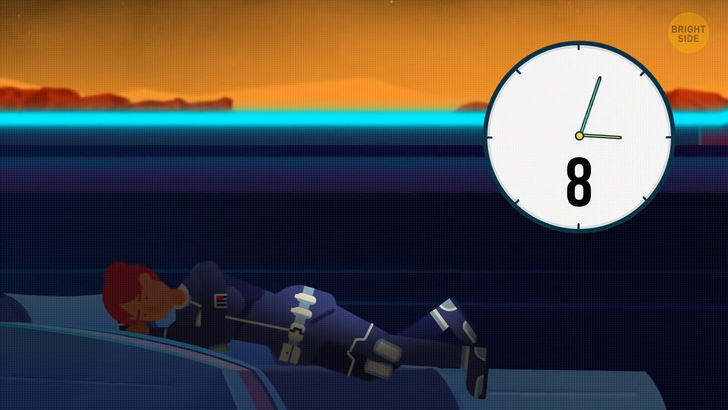
Mars is a lot more scenic than the rest. You book a full day at Olympus Mons volcano, which happens to be the highest mountain in the solar system. It’s 3 times bigger than Everest. Your hotel has a beautiful view of the mountain and is also the most luxurious and advanced one you’ve ever booked.
The day is 25 hours long, quite similar to Earth’s. It means you can get your regular 8 hours of sleep. Sadly, outside the dome, there’s a mega dust storm that’s covering the entire planet. As soon as it settles, you take a trip to the polar caps, which are covered in carbon dioxide snow caps.
You can feel the temperature drop. Even though Mars is the Red Planet, it’s pretty cold. It needs 687 days to orbit the Sun. Your body is starting to feel the changes moving from planet to planet. In many places, you couldn’t sleep well or slept for what appears to be an entire day, even though it was regular for you.
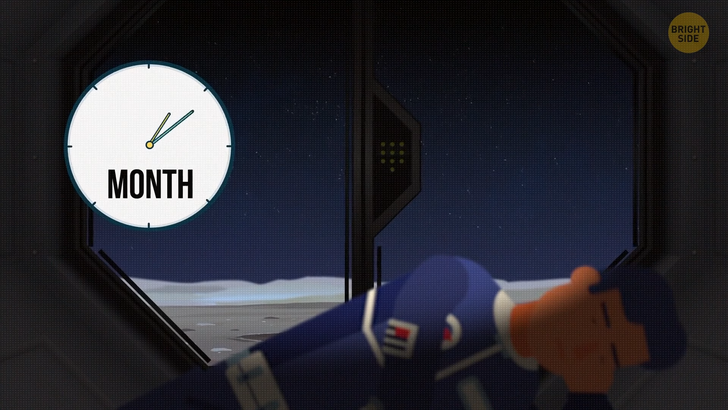
On Mercury, you check in at an underground hotel that looks like an ant colony and immediately feel the heat coming from the Sun. Mercury is the closest planet to the big guy, but Venus is still the hottest. This tiny planet needs 1,408 hours to finish an entire day, which is around 60 Earth days.
It’s a good thing you arrived during sunset. You have an epic view of the sunset, and as soon as the Sun is completely gone, it gets really cold. Since Mercury doesn’t have an atmosphere to trap heat, the cold takes over quickly. So you hibernate for a whole month before leaving.
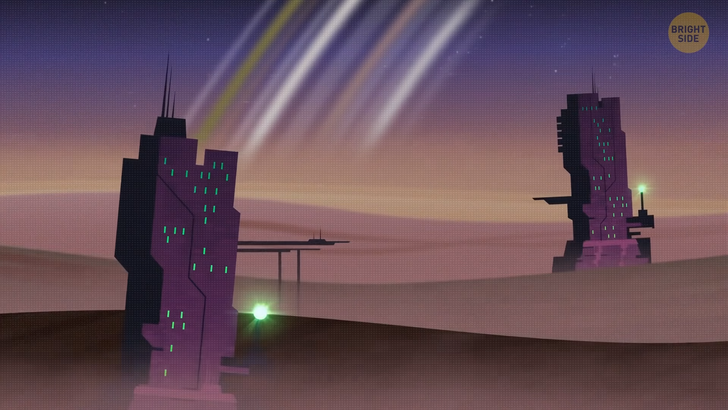
You arrive at Saturn, the ringed planet, and see the giant moons orbiting around it. Saturn only has 11 hours in a day. This planet is also extremely windy in the upper atmosphere. And on top of the fantastic view of the moons, you can’t miss out on the rings.
They’re made out of ice and rock particles ranging in all sizes, from a grain of rice to the size of a boat. Billions of these particles are floating in the air, which scientists believe to be the remains of comets and dwarf planets.
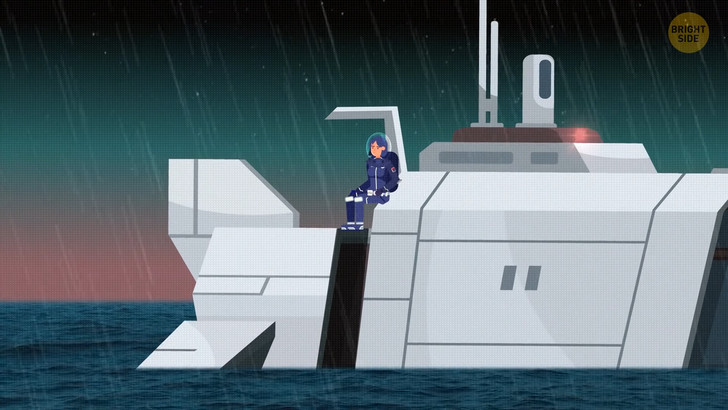
Next, you travel to Titan, Saturn’s largest moon and the second-largest moon in the solar system. According to scientists, Titan has the closest Earth-like conditions. It’s just colder since it’s further from the Sun. Besides Earth, Titan is the only place in the solar system with liquid lakes, rivers, and oceans.
Methane and ethane lakes are all over the place, so you get on a fabulous cruise around this moon. The atmosphere is also similar to that of Earth and has the right ingredients to start life. You look up at the sky and see clouds forming as it begins to rain.
You hide under the shady part of the boat and wait for it to settle. Titan has a methane-hydrological cycle pretty similar to the water cycle on Earth, meaning water first evaporates into the sky, and then it starts raining.
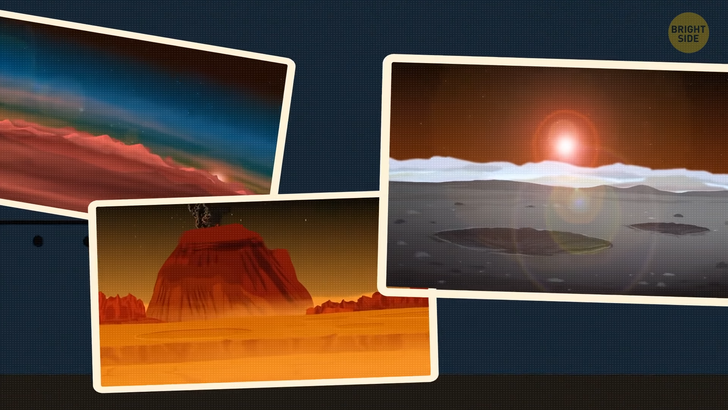
After the fantastic cruise tour, you go to some of the other moons and eventually back to Saturn. You’re looking through all the pictures you took as you head back to Earth. The whole trip took you almost an entire Earth year, and your body just can’t adjust to Earth’s conditions anymore. You were so used to sleeping and waking up in total darkness. And in some places, exposed to extreme sunlight.
You’ve slept in different places with different gravity levels, so you don’t know what it feels like to sleep on an actual bed anymore. In some areas, you were placed in upright sleeping pods to accommodate for the lack of space. As a result, you’re getting constant headaches and keep waking up in the middle of the night forgetting where you are. Also, you were lighter than you are now for most of the trip, so you lost some muscle mass when you came back to Earth.
There are some nights where you don’t even sleep and wait for the Sun to rise, just like you’d see on Saturn or Jupiter. As a result, your sleep cycles got messed up. Life on Earth got way harder for you after such a trip, so you decide to hibernate for some time to adjust back to our planet’s conditions, just like you did on Mercury.


